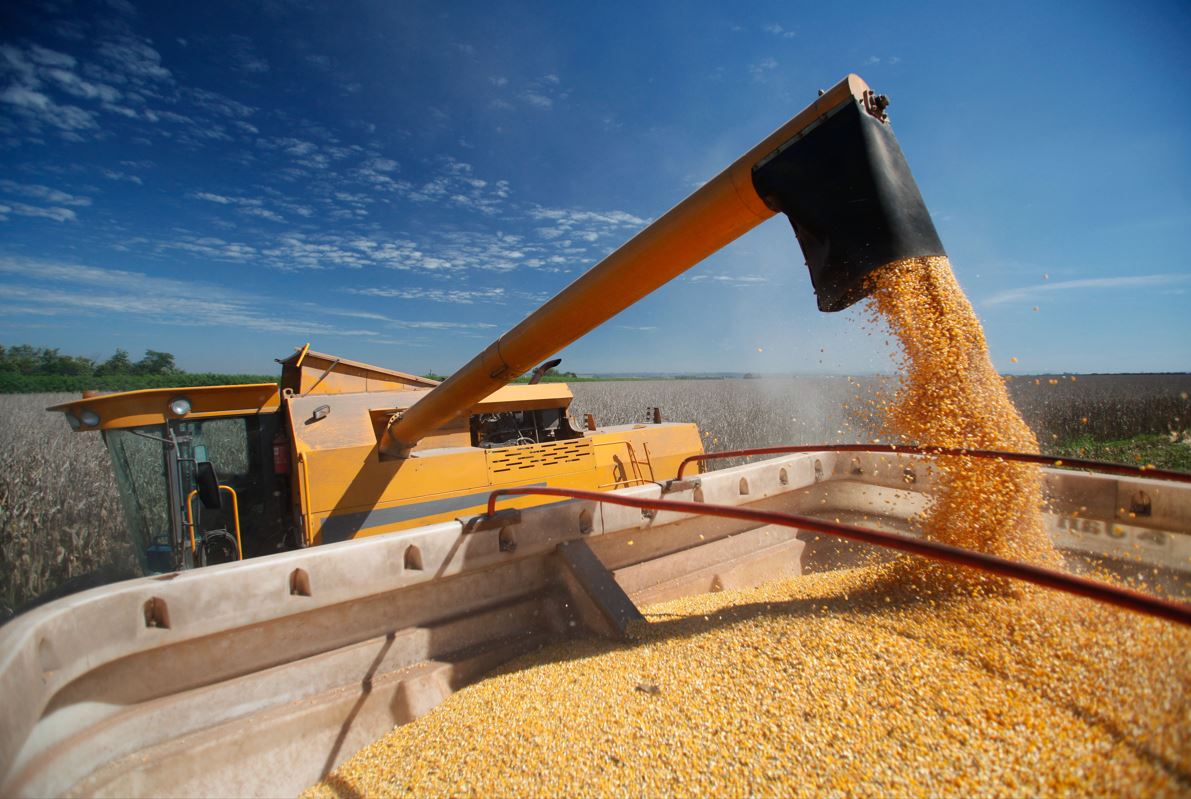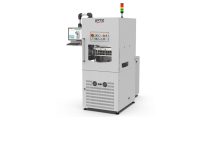Many industries, especially the chemical industry, want to produce end products in a more sustainable way. In some cases, seemingly sustainably produced preliminary products such as organic alcohol are used. However, for the German flux manufacturer Emil Otto GmbH, it is precisely the agricultural origin that is the decisive criterion for refraining from using bio-alcohol.
Bioethanol, also indicated as bio-alcohol, refers to ethanol produced exclusively from biomass or, in rare cases, from biodegradable waste. Biomass usually consists of wheat, corn or rapeseed grown specifically for the production of bioethanol. “This form of production is not sustainable, which is no longer a secret,” says Markus Geßner, Marketing and Sales Manager at Emil Otto GmbH. The same applies to the production of biofuels as an alternative to fossil fuels. These are produced from the same raw materials. Therefore, the CO₂ opportunity costs of biofuels, for example, can also be allocated to bioethanol. The CO₂ opportunity costs refer to the potential carbon storage from the renaturation of agricultural land. These correspond to the lost potential carbon storage from the further use of biofuels or bioethanol.
For example, in a study published in 2022 on the CO₂ opportunity costs of biofuels in Germany, the ifeu – Institut für Energie- und Umweltforschung Heidelberg GmbH found out that the cultivation of raw materials for the production of biological fuels resulted in greenhouse gas emission savings of 9.2 million t CO₂-eq. However, if the land used for this purpose were used for the growth of natural vegetation, an average annual carbon sequestration of over 16 million t CO₂ would be possible. Thus, the CO₂ opportunity costs of biofuel production are significantly higher than the emission reduction. In addition, the large areas under cultivation reduce biodiversity while increasing water consumption. “The water demand is enormous, as 3500 liters of water are required for one liter of biofuel or bioethanol, depending on the weather and the region,” Geßner explains.
As a recreational beekeeper, Mr. Geßner is also very aware of the issue of biodiversity from his own experience: “We all talk about bee mortality. In the meantime, it is also known what effects this has on our lives. Nevertheless, huge monocultures are still being cultivated to ultimately produce bioethanol. The output of the cultivated areas is not only secured with pesticides and the like, but they also affect biodiversity and species diversity. However, we consider the use of bioethanol to be wrong not only for ecological but also for ethical reasons. After all, the heavy use of agricultural land for these products has been proven to drive up food prices.” Enough reasons for Emil Otto to abandon bioethanol as a raw material for alcohol-based fluxes. “It is questionable when chemical products are called ‘organic’ because of the addition of bioethanol. We manufacturers must therefore look carefully at what we process. I am not accusing anyone of green-washing. However, I think it is wrong to label a demonstrably non-sustainable product “organic” for marketing reasons,” emphasizes Mr Geßner.
“Our alcohol-based electronic fluxes are almost exclusively produced with isopropyl alcohol due to their properties,” says Mr Geßner. However, he also points out that for a few products, small amounts of bioethanol also have to be processed by Emil Otto: “According to our research, we have been getting ethanol with the main part from agricultural resources for more than 10 years, since ethanol based on other types of production is rarely available in pure and unmixed variety.”










